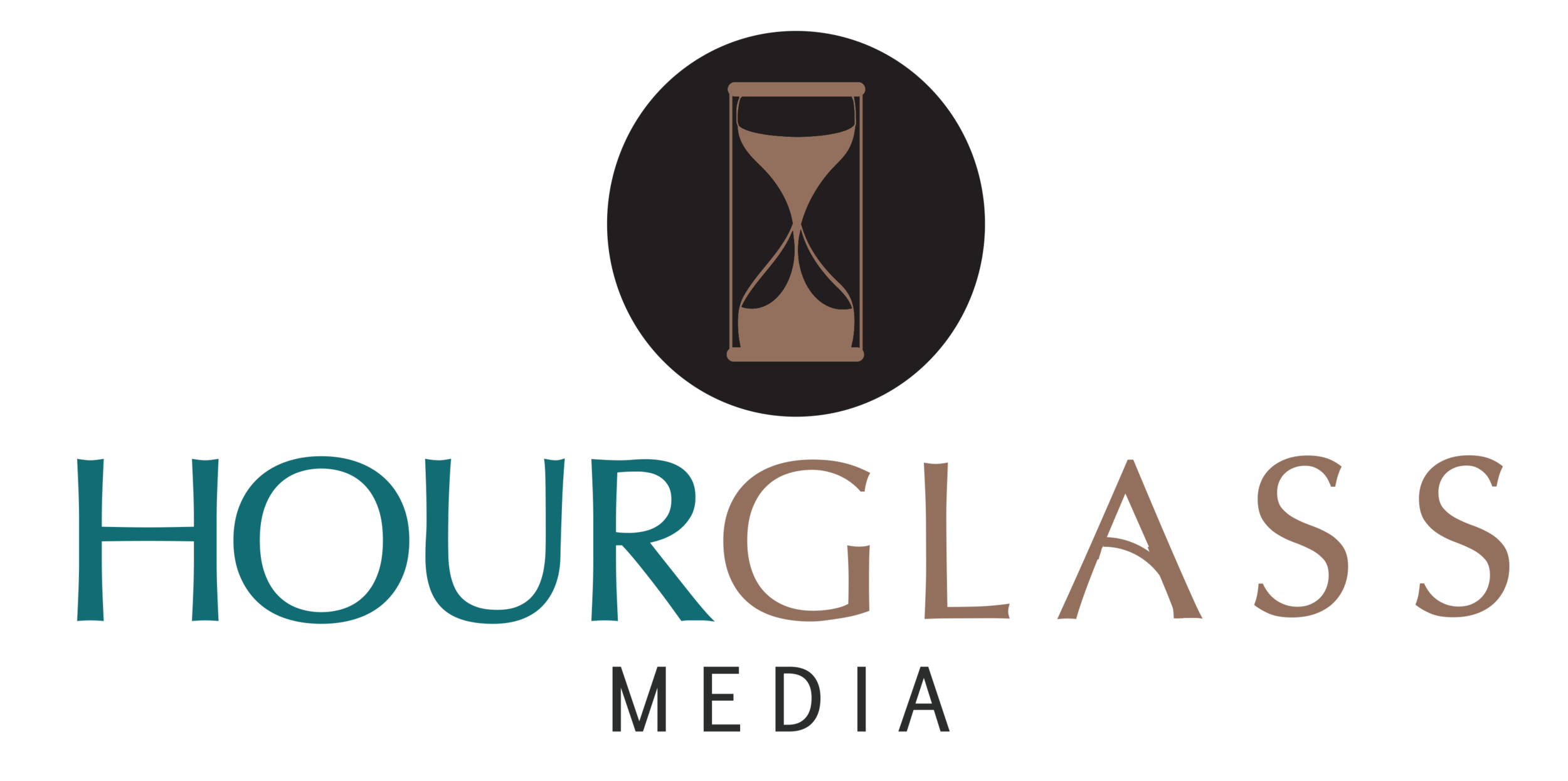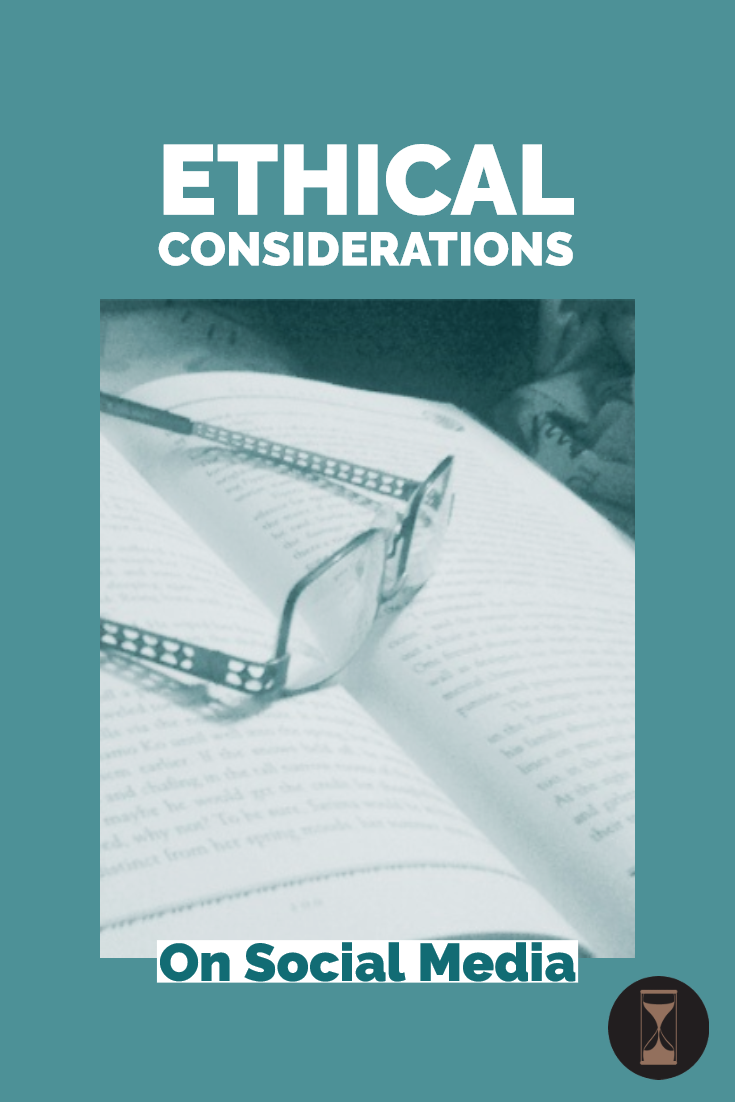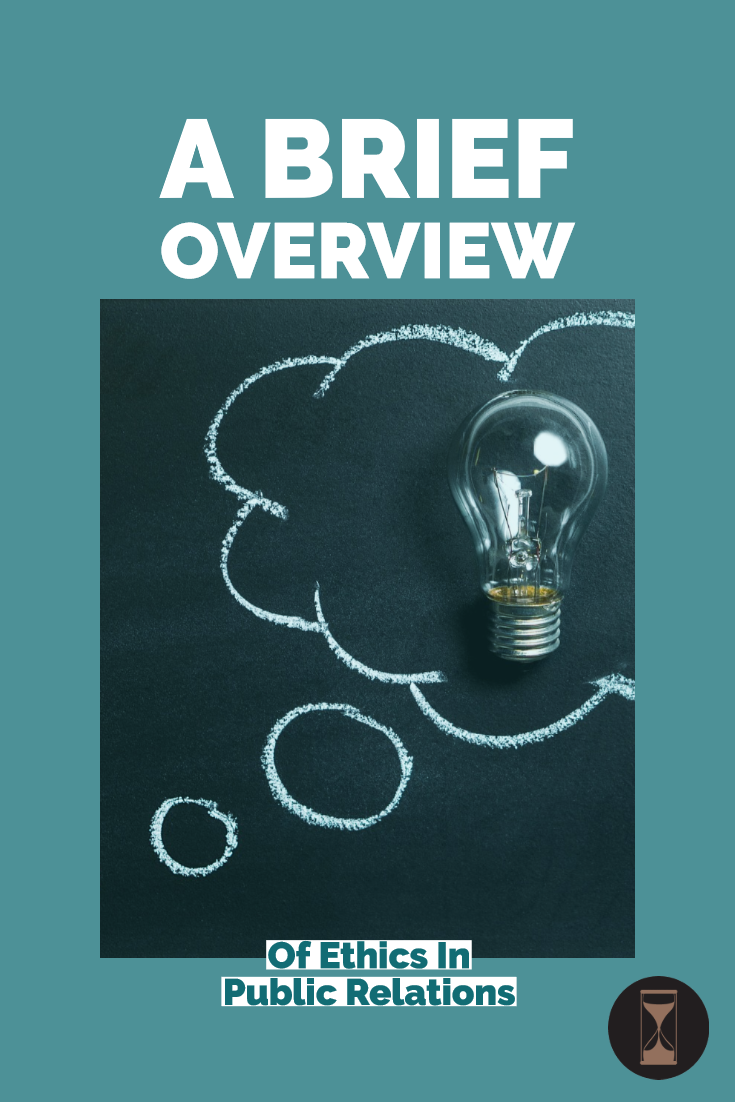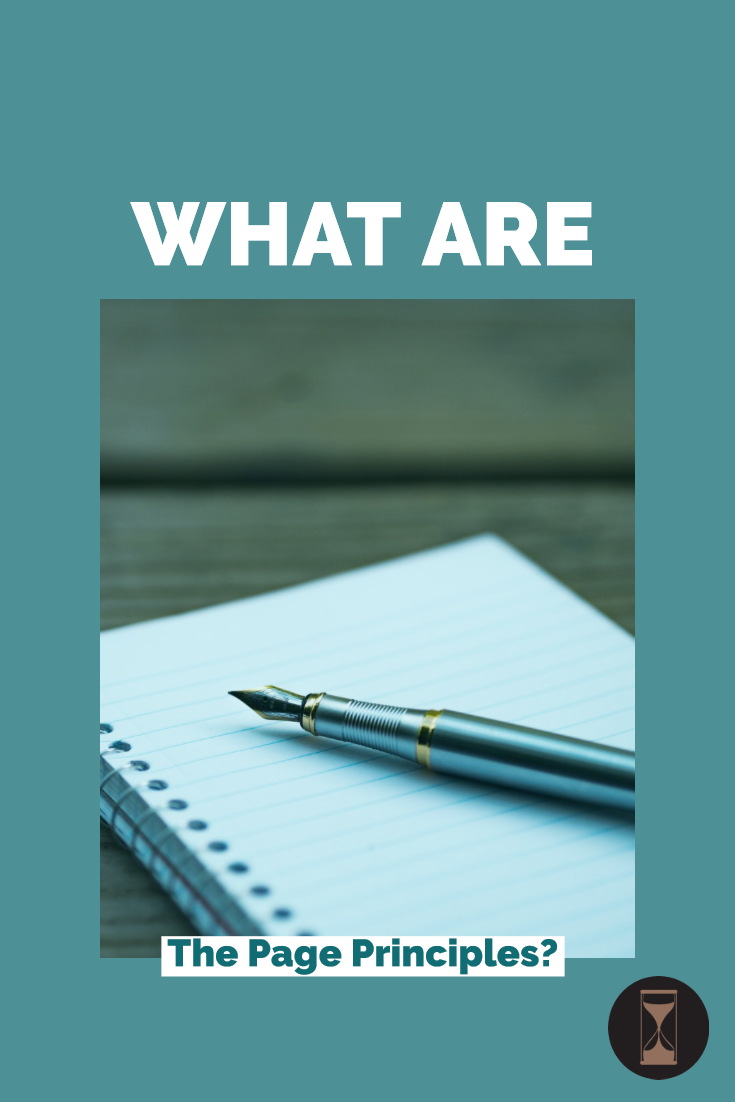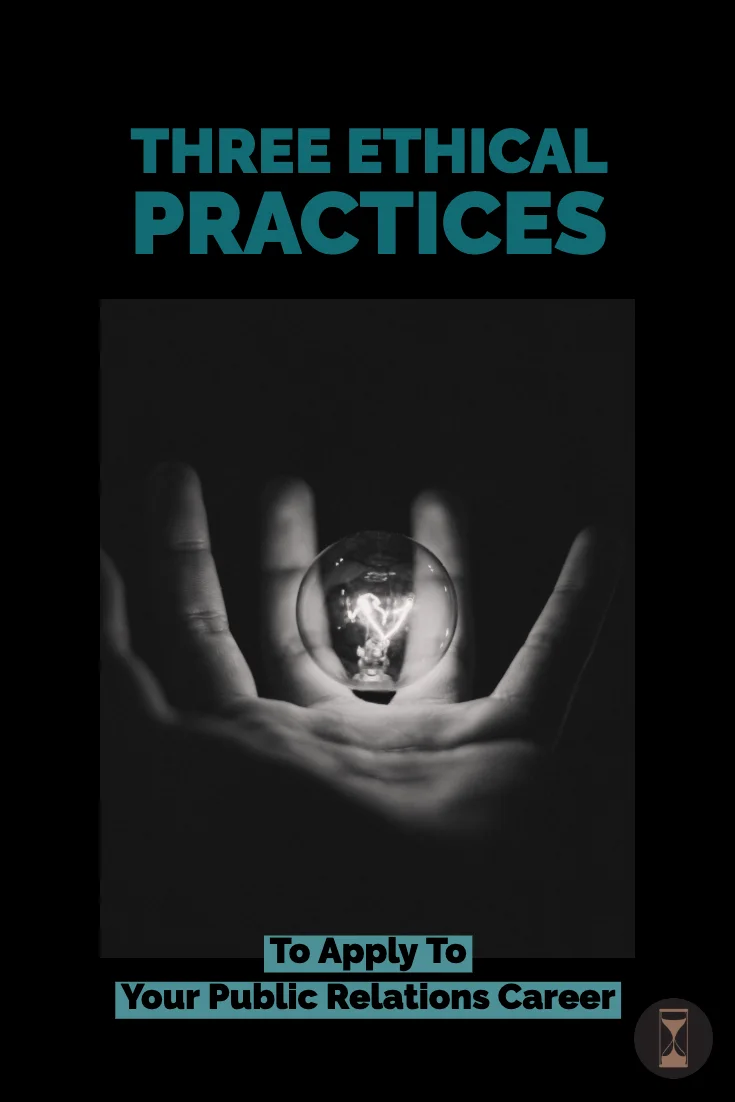This may seem like common sense, but think before you post. Your reputation could be harmed with a single press of send or an off-the-cuff remark on someone else’s photo. When an answer isn’t cut and dry, I refer to the Public Relations Society of America’s Code of Ethics and resources page. Social media is here to stay, no matter your opinion on it. As companies, all of us can greatly benefit from the organic and paid exposure social media grants us. Whether you’re a communicator by trade or just a social media aficionado, here are five ethical considerations you should think about before you post.
Read MoreIn many cases, PR practitioners’ reputations are on the line. One stigma, in addition to the whole “spin doctor” line of old, is that all PR pros perpetuate fake news. Admittedly, there are public relations practitioners who do that, but as a whole, the industry relies on its ethical codes in two-way communications. So, as a public relations practitioner or your organization’s main communicator (with or without much communications experience), how can you ensure that you’re communicating ethically? First and foremost, how do you even define ethics?
Read MoreArthur W. Page was a vice president and director of AT&T from 1927 to 1947. Known as “The Father of Corporate Public Relations,” Page revolutionized public relations practices and turned AT&T’s then-negative press around. The founders of the Arthur W. Page Society created these seven principles so the association's members -- and communicators in general -- could have tenets in which to practice public relations with honor and ethics.
Read MoreMay marks the illustrious milestone in my career. Introspection is a necessary and cherished aspect of professional development as I approach the 10-year mark of my public relations career. Enough time has passed for me to ease into sharing my ethical experiences with up-and-coming practitioners and others. At the beginning of my career, I was still trying my best to figure everything out, and during my 20s, I created the foundation of my career through experience, support and, most of the time, taking the road less traveled. Here are three ethical lessons I have learned since beginning my career 10 years ago.
Read MoreOn September 21, the Public Relations Society of America-River Cities Chapter hosted “Ethical Decision-Making in Times of Crisis” from 2 p.m. to 5 p.m. at Marshall University with local professionals and students in attendance. Attendees listened to a panel of professionals discuss their own ethical experiences in the workplace and how having a crisis communications plan in place is instrumental during the pre-crisis, crisis and post-crisis phases. Participants also underwent a mock crisis communications scenario in the workshop session.
Read MoreSeptember is Ethics Month, so our first blog of the month centers on ethics in public relations. If you’re a public relations practitioner -- or in any career field for that matter -- here’s to hoping you have yet to face an ethical dilemma in the workplace. It can be a challenge to read between the lines and see the gray areas outside of the ordinary black and white. That’s where the Public Relations Society of America (PRSA)’s Code of Ethics comes in. We don’t have to spin our ethical wheels. Professional values and provisions are outlined for us as industry standards.
Read More